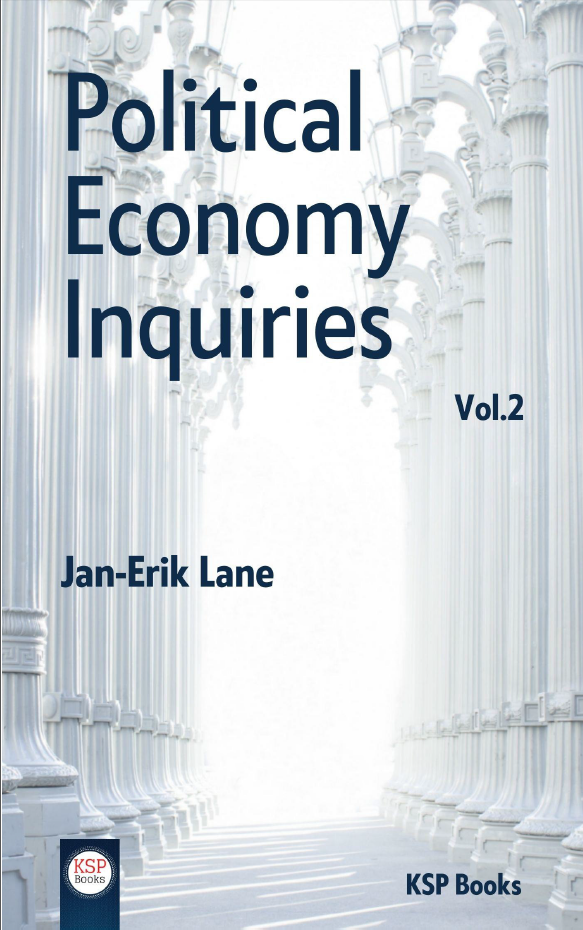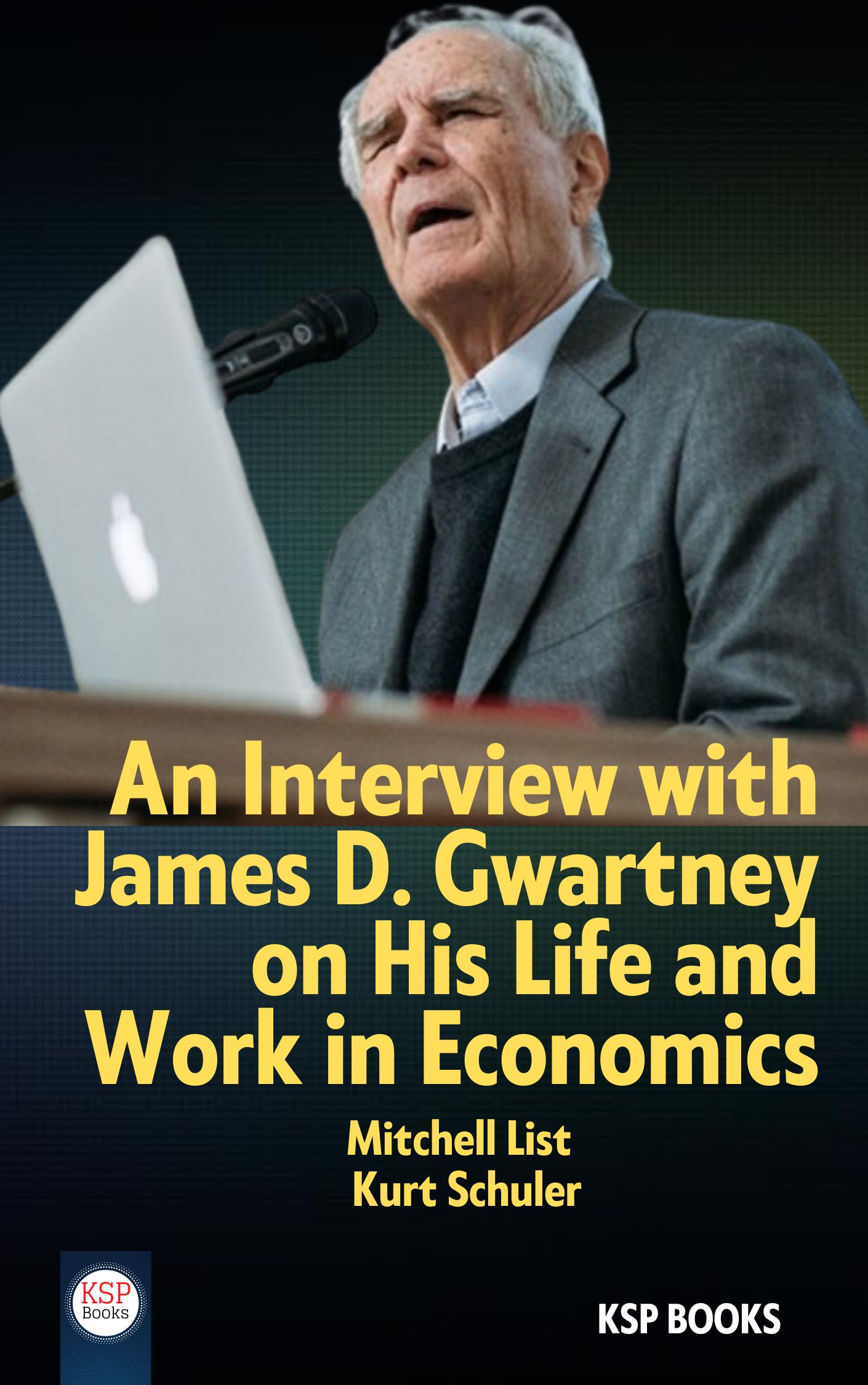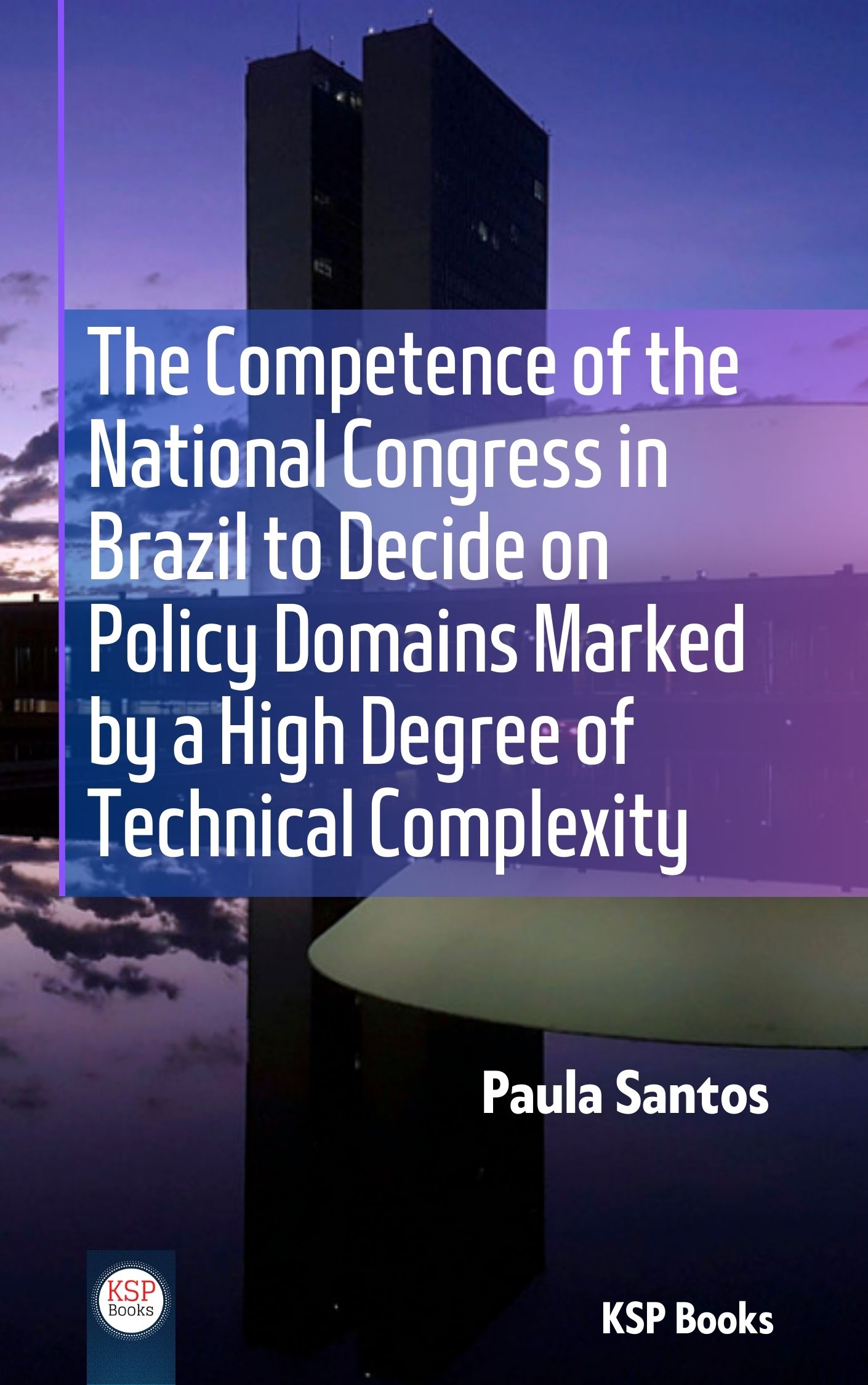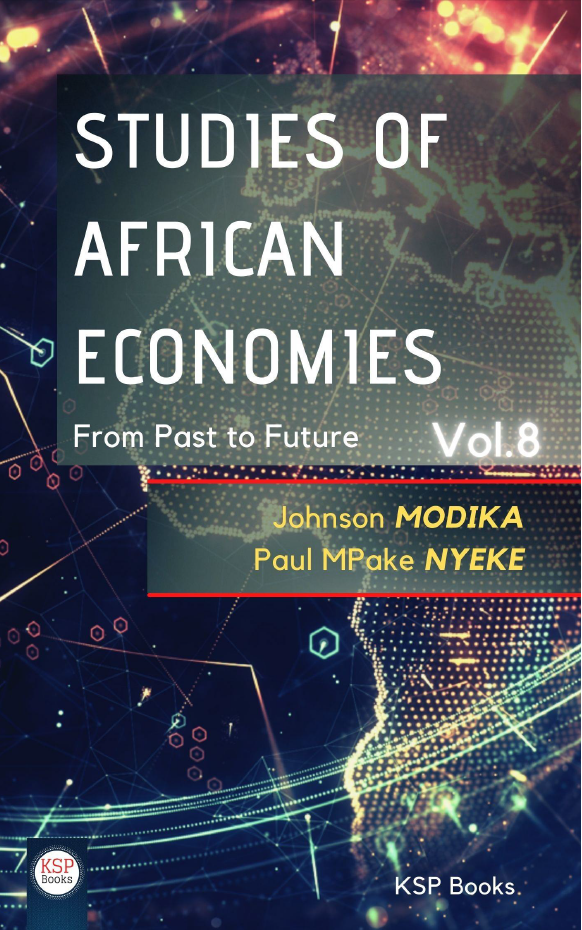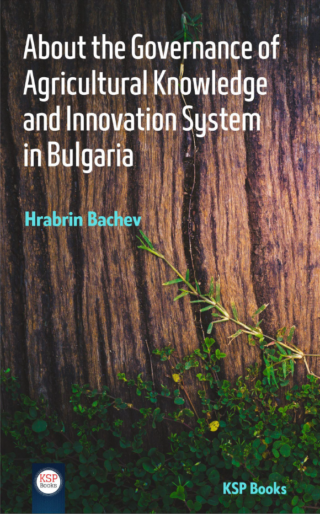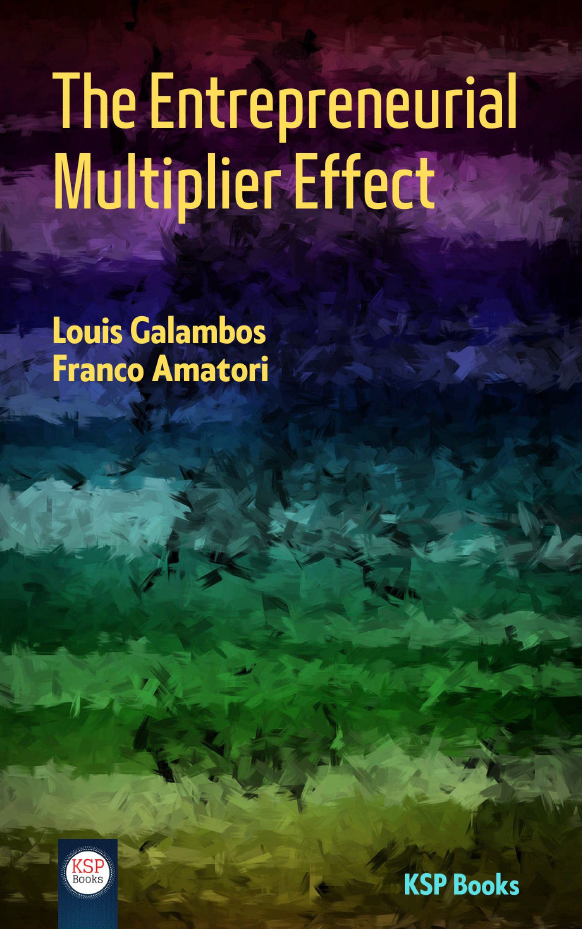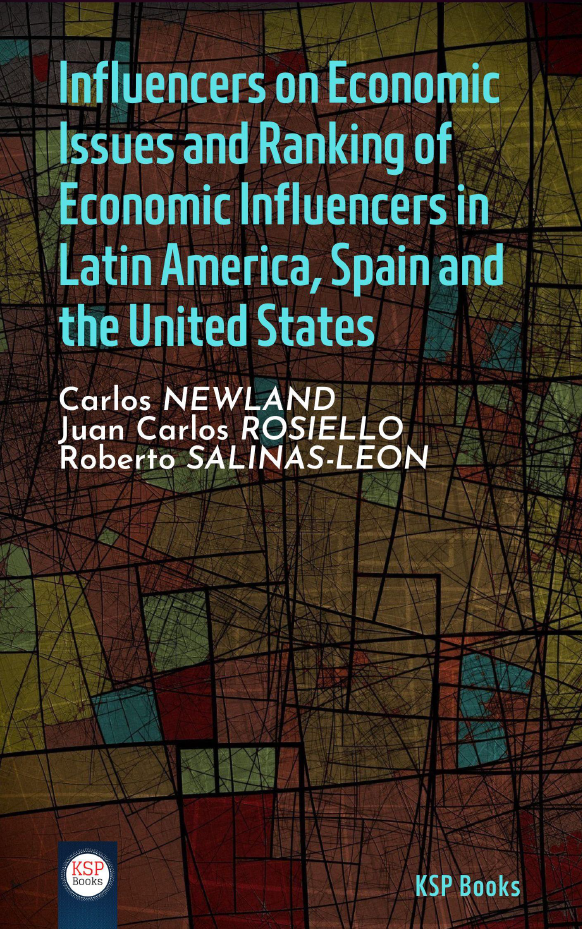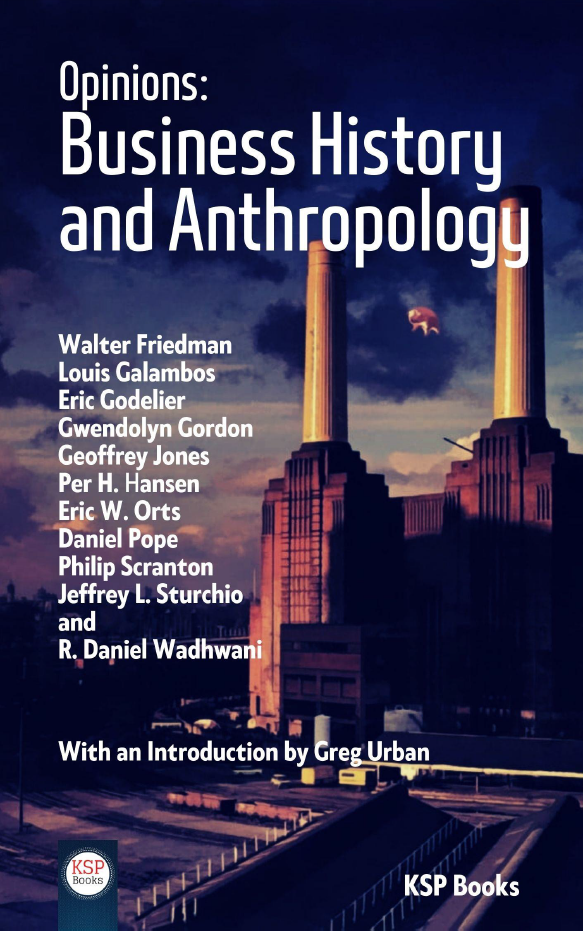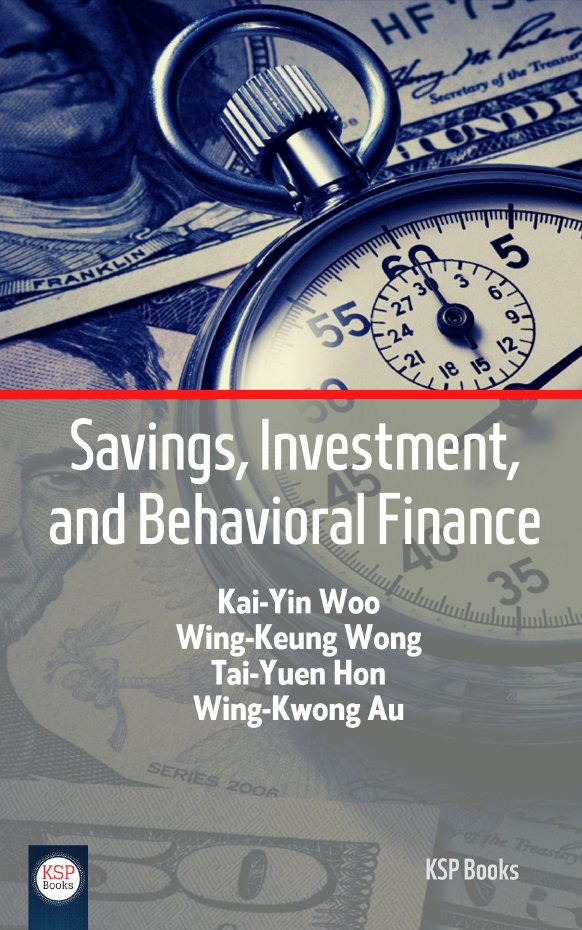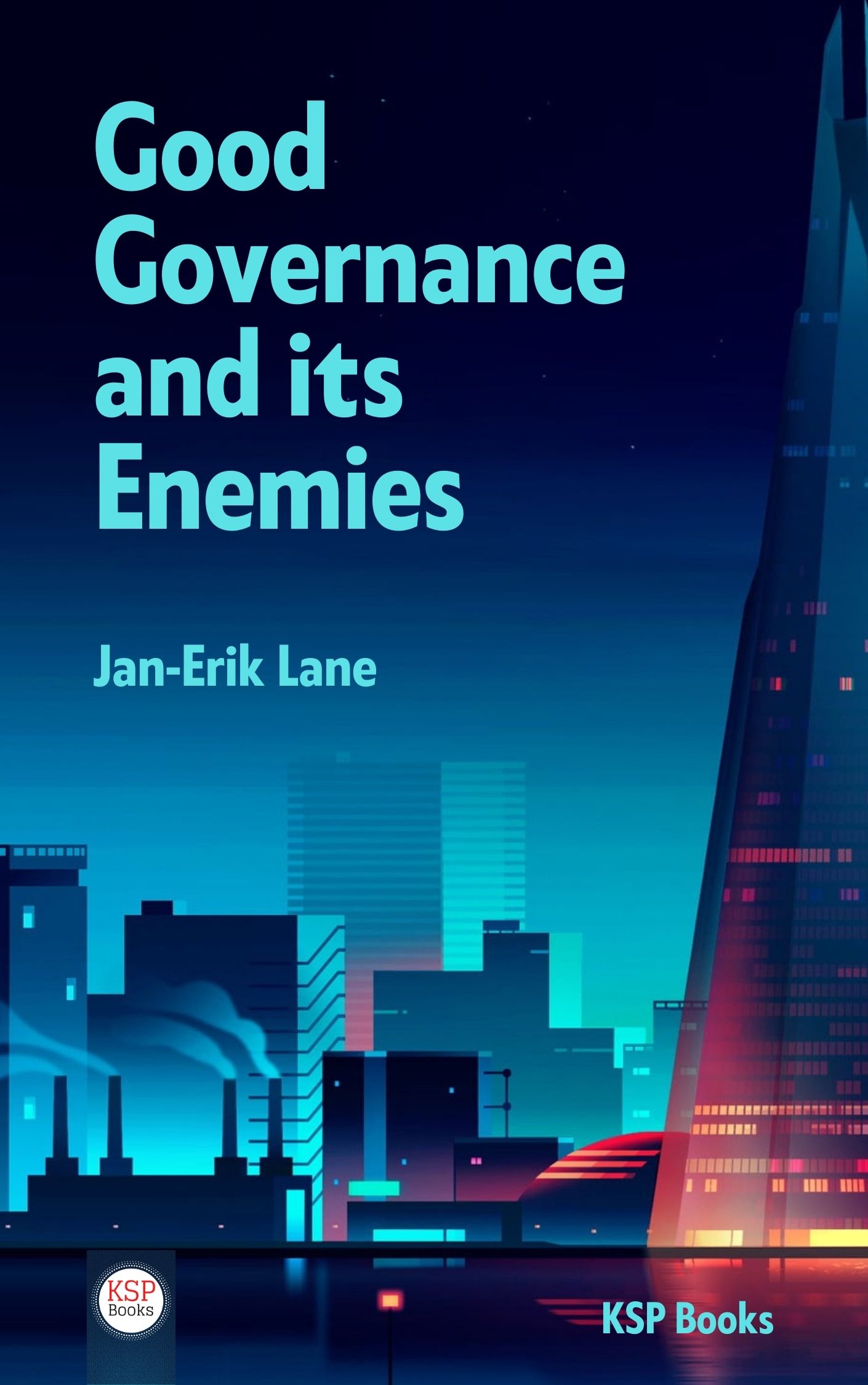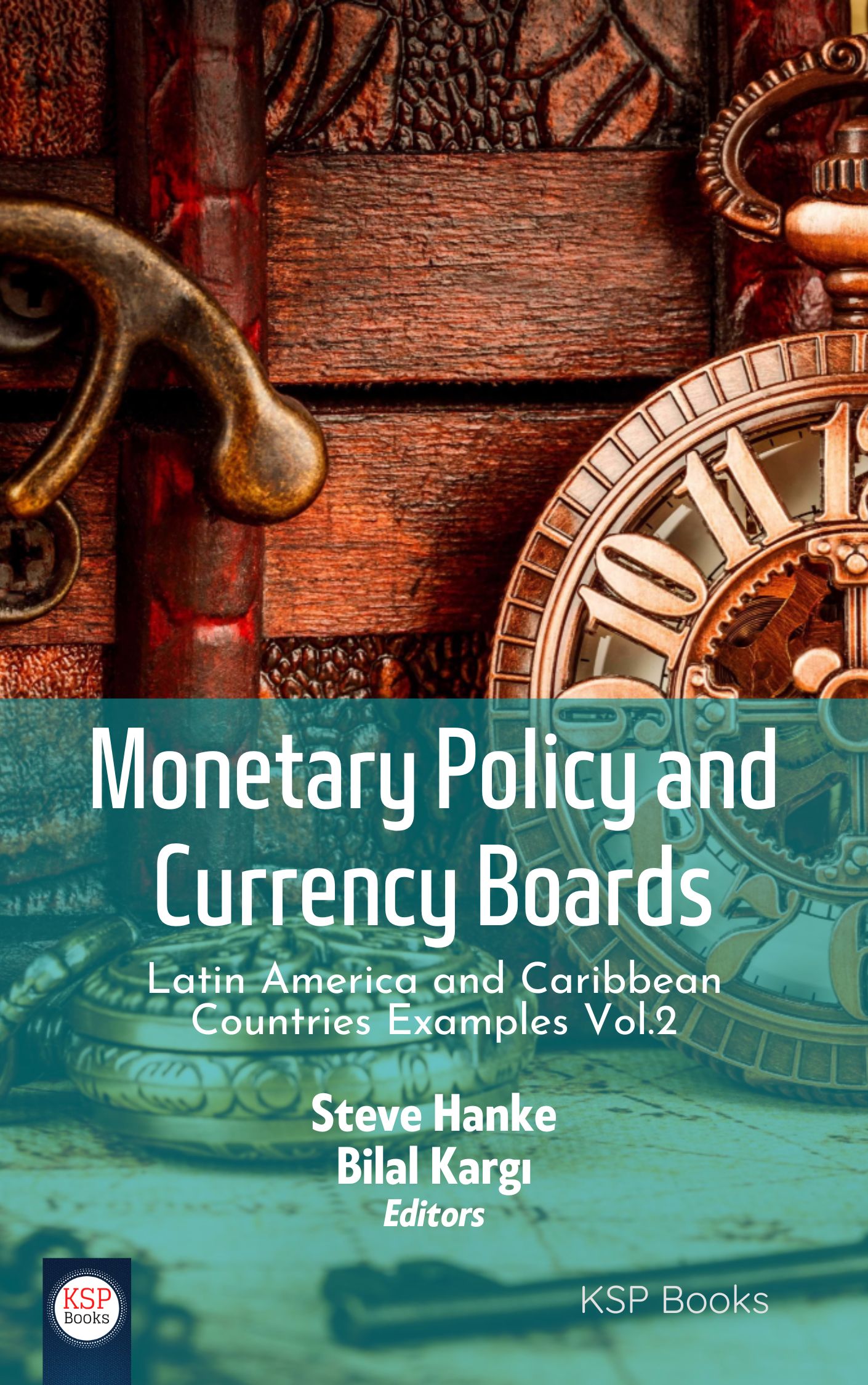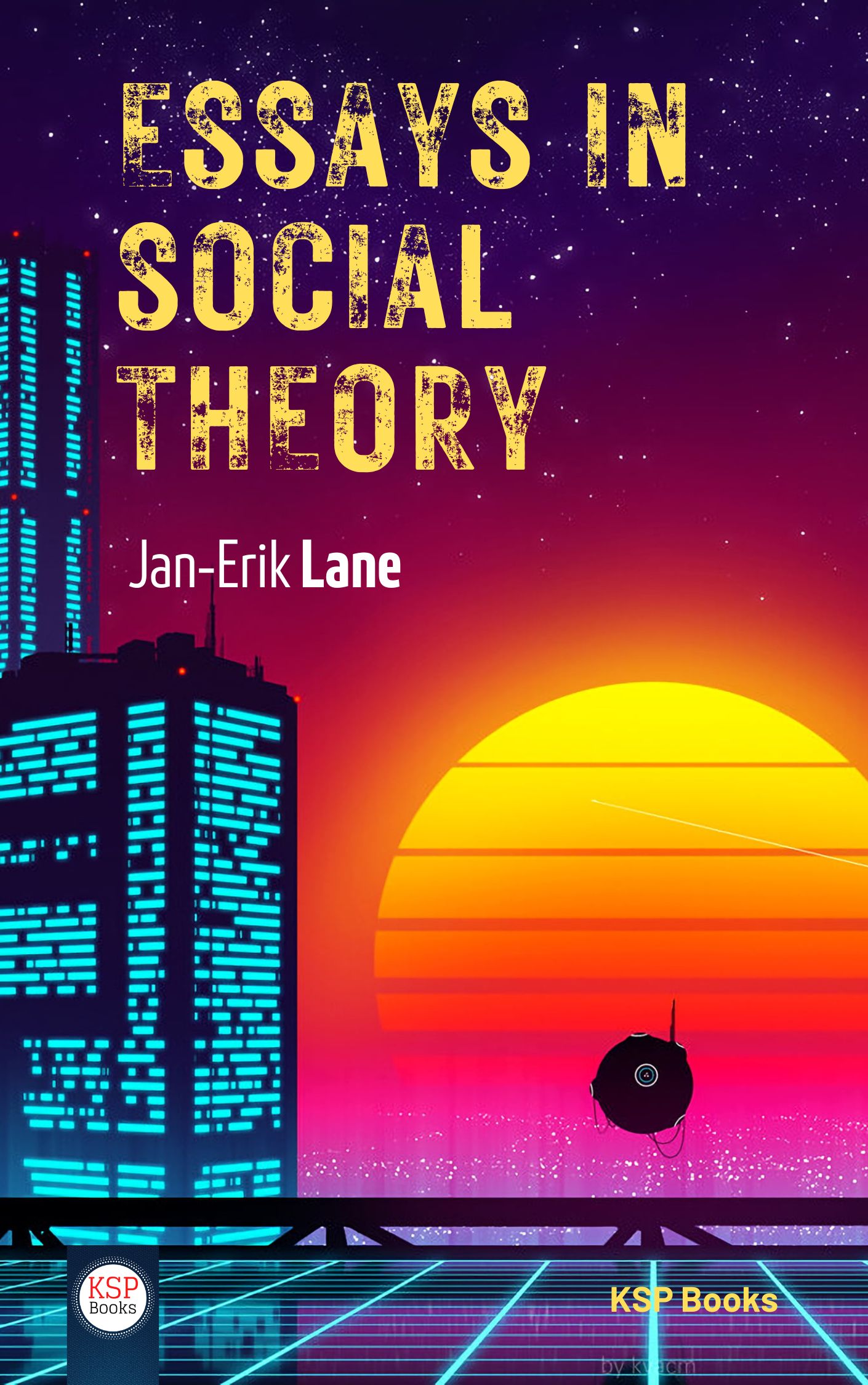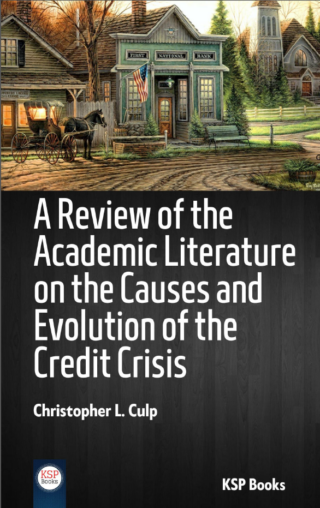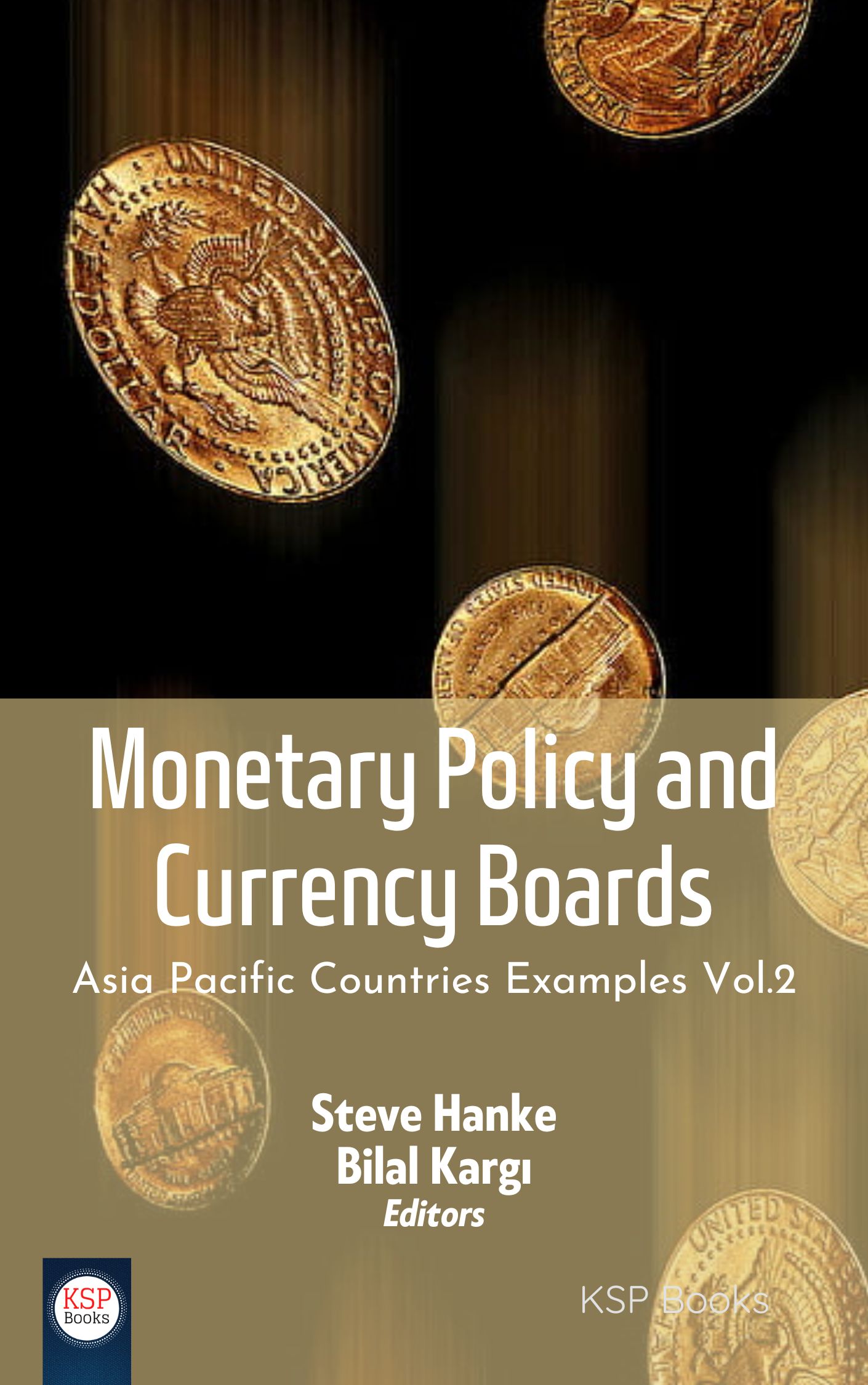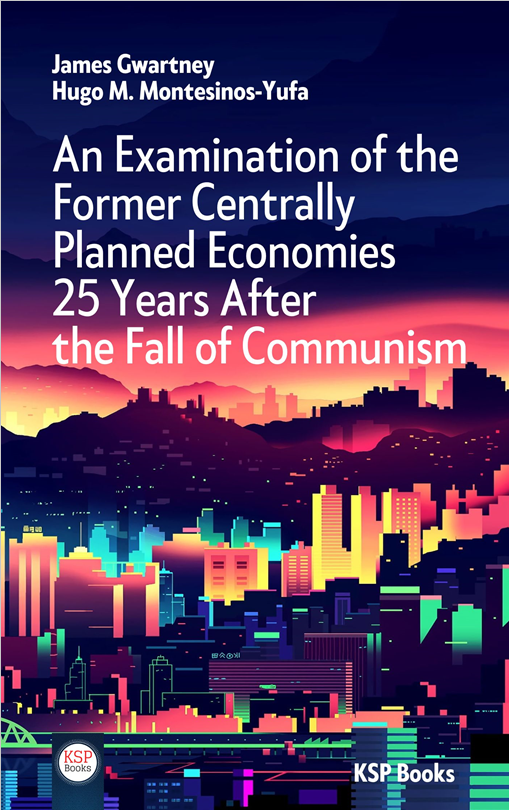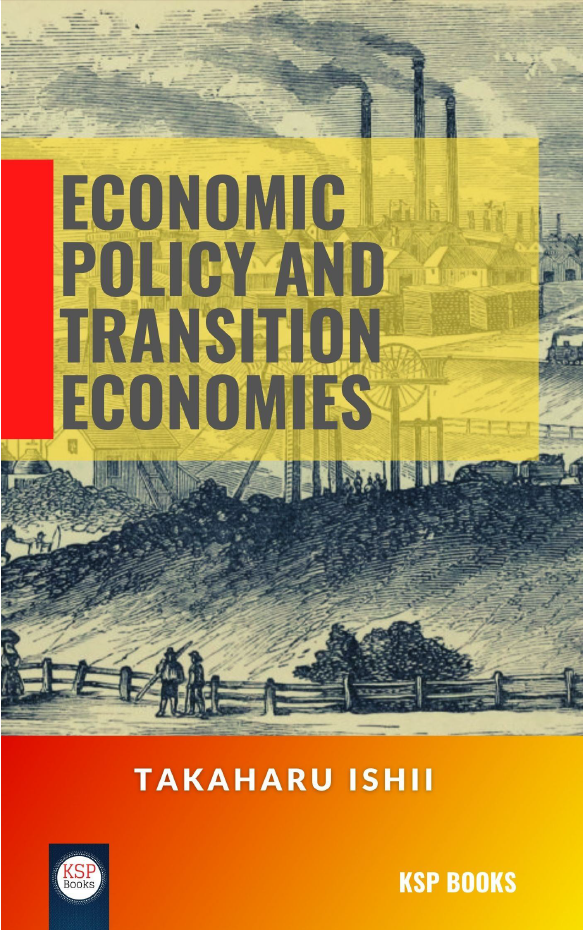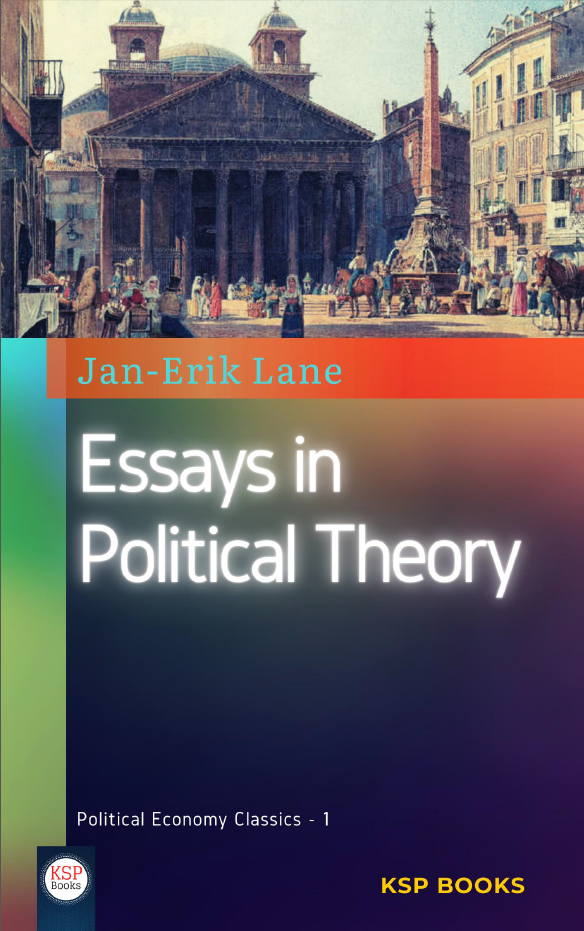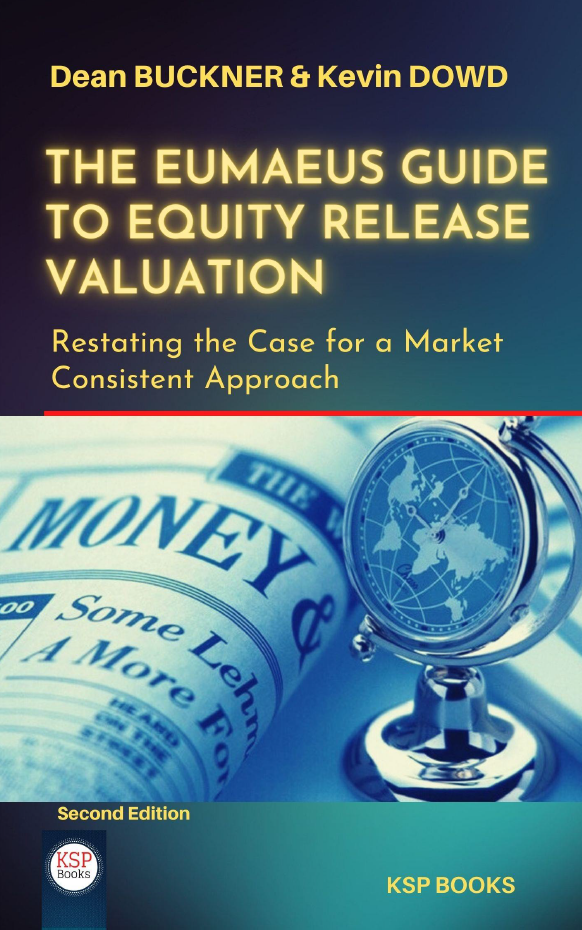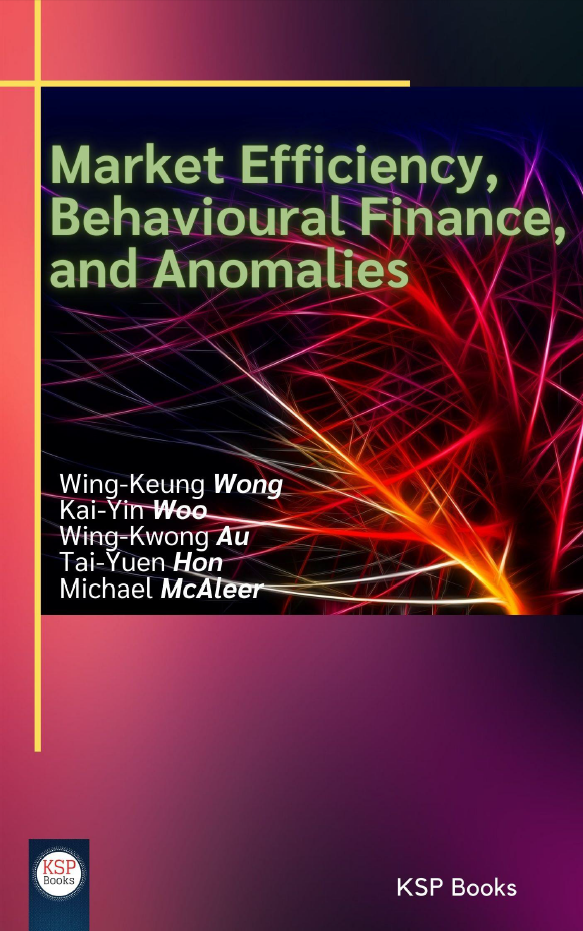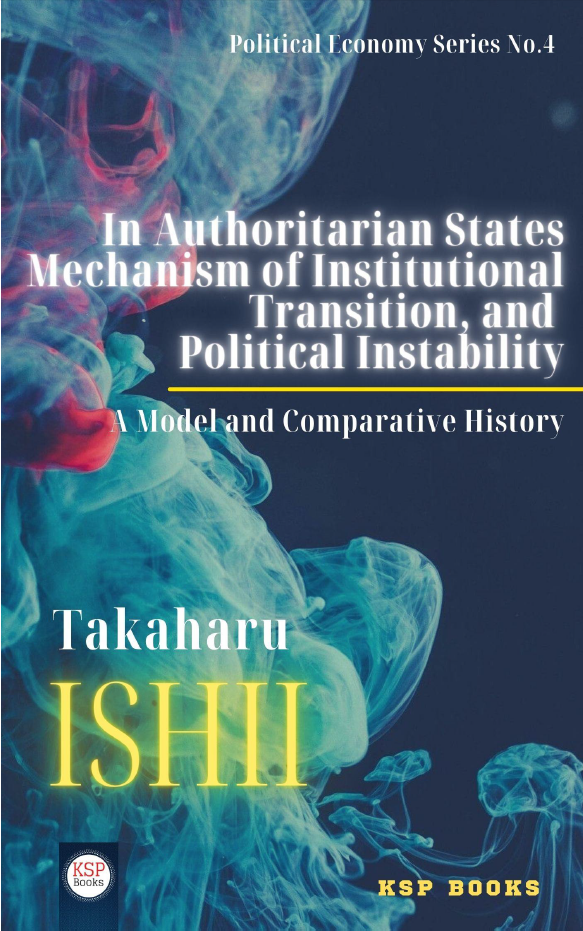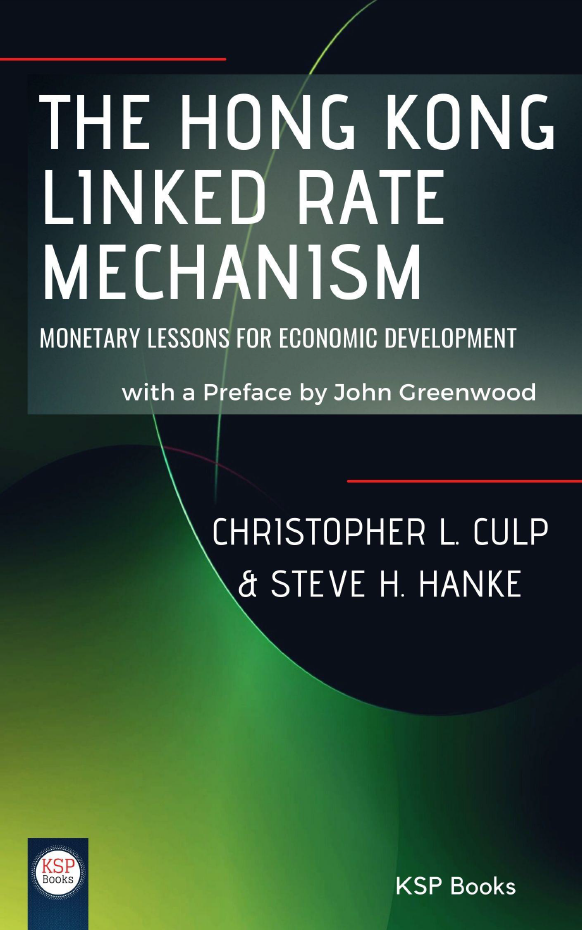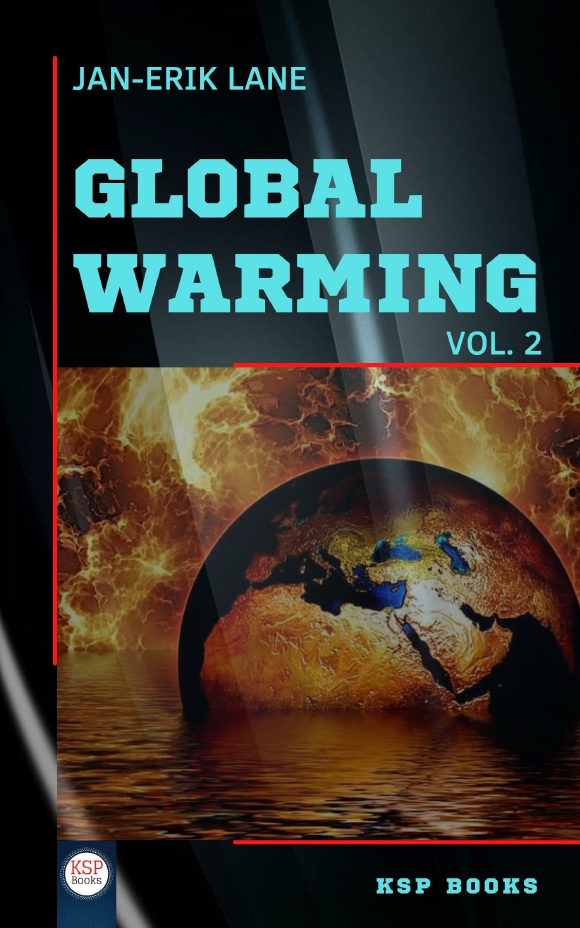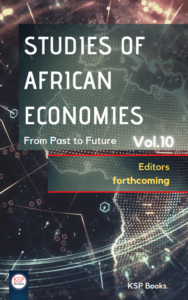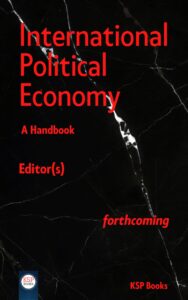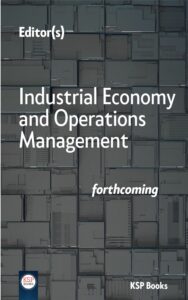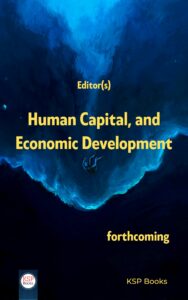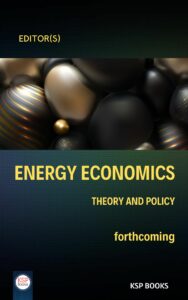By
Jan-Erik Lane
University of Geneva, Switzerland
e-ISBN: 978-625-8190-61-8
Publishing Date: December 25, 2022
File Size: 2809 MB
Length: xv + 161 pages (PDF)
Language: English
Dimensions: 13,5 x 21,5 cm
 This Book is completely open access. You can freely read, download and share with everyone.
This Book is completely open access. You can freely read, download and share with everyone. 
It is possible to present a brief summary of the subjects that the chapters in this book focus on.
Ch 1. The outcome of the COP27 confirms the PD game nature of the work of this UN club, CUT defeated by EMIT (emissions). The same will hold for forward COPs, until such time that the tipping points change the game for the great players in this global environment club.
Ch 2. The analytical-synthetic distinction keeps being of great interest. But why? Analytical sentences are camouflaged tautologies. They are not falsifiable, neither in this Kant’s world or in any of Leibniz’ possible worlds.
Ch 3. Communitarianism offers a rationale for the growing relevance of communities. Its key question is also the one that globalisation makes highly relevant, namely: Who are we? What way of life do we wish to support? Communitarianism underlines the politics of mutual respect as the democratic state’s proper reaction to multiculturalism. Such a politics of mutual respect would be truly global. The paradox of globalisation is that it both makes communal politics more salient while it at the same time calls for a politics of mutual respect which may reduce ethnic and religious conflict. Globalisation increases the search for communal identity. However, a politics of mutual respect may reduce conflicts between communities and enhance global respect for different cultures, where different civilisations accept a common core of institutions.
Ch 4. The theory of chaos has hitherto been pursued in the natural sciences. However, it may illuminate some issues in the social sciences too.
Ch 5. Professor Dowding has written an interesting and stimulating book on the relevance (R) of general philosophical insights for the conduct of political science enquiry. In this paper, I challenge his positive analysis due to the relevance (R) difficulty. The social sciences have to struggle with a set of philosophical questions, but they hardly belong to general ontological or epistemological theories.
Ch 6. More than half of the countries on the globe are dictatorships. What drives the dictator and his or her entourage is the quest for money. The standard wisdom says power, but it only applies to rule of law countries, i.e. the democracies. The politics of looting is more pervasive than the theory of power entails. This article examines the mechanisms of a dictatorship. The chapter concludes that the remuneration of politicians may get out of hand. This is very much the case when looting occurs. It is feasible in any dictatorship – actually its main reason. Keywords: Dictatorship, looting, principal-agent.
Ch 7. The philosophy of science today seems stuck between falsifiability (Popper) and meaning (Kuhn). Time to devote more to the philosophy of the social sciences, e.g. value loaded terms, stipulations, rationality and explanations.
Ch 8. Autonomy has two faces, individual autonomy and institutional autonomy. Political systems not only deal with demands for individual freedom, the lradilional rights of citizens lo freedom of opinion, association and contract. Institutional autonomy is a pervasive properly of all kinds of political systems. To international political systems just as to local and regional political systems, autonomy is a basic property. Both types of systems face the difficult task of maintaining stable relations with the nation state, securing an amount of control for the nation stale while retaining some autonomy for themselves. The demand of various regions for independence or semi independence within nation states has been a dominant theme in the politics of the sixties and the seventies. The autonomy of the nation state is its sovereignly. International political systems present a threat to the autonomy of lhe nation stale, while at the same time they may provide mechanisms by means of which other sources of infringements on autonomy may be counteracted. Autonomy is a fundamental political property. A theoretical understanding of autonomy is condu cive to the explanation of those aspects of political systems that arc related to stability. Such an interpretation may place autonomy in an equilibrium analysis of how demand and supply of autonomy interacts with other basic political properties like influence and control.
Ch 9. The new political economy – public choice – has contributed considerably to a long-awaited inter-marriage between political science and economics. The economic approach to the interpretation of the public sector – politics as well as administration – has resulted in a number of interestingly relevant models. At the same time modelling political behaviour on the basis of the economic man perspective gives rise to puzzling difficulties creating much controversy. The article attempts to establish in principle the ethically neutral and scientifically objective nature of the public choice approach. It elaborates on the crucial concept of self-interest in the public choice behaviour assumptions in order to show that the criticism from the public interest adherents may be countered.
Dedication
Foreword
1. Energy trumps ecology
2. The analytic-synthetic distinction and the social sciences
3. Conceptualising globalisation, cultural identity and democracy
4. Notes on chaos: Draft political treatises
5. Philosophy of science and political inquiry: Notes on Dowding, Weber and Myrdal
6. Politics of looting
7. Open texture, stipulation and explanation in the social sciences
8. Principles of Autonomy
9. The Epistemological Foundations of Public Choice Theory
Jan-Erik Lane
University of Geneva, Switzerland
Born in 1946 in Gothenburg, Jan-Erik Lane was raised in Stockholm and Malmö. He finished his school education in the classics in 1965. At university og Lund and Umeå he took grades in History, Political Science, Economics and Philosophy. He has held tenured positions at Umeå University, Oslo University and Geneva University. Invited as full professor, he has taught at several universities like e.g. Singapore, Hongkong, Cape Town, Rotterdam, and Jerusalem as well as Freiburg in Breisgau.
Related EconPedia Items


